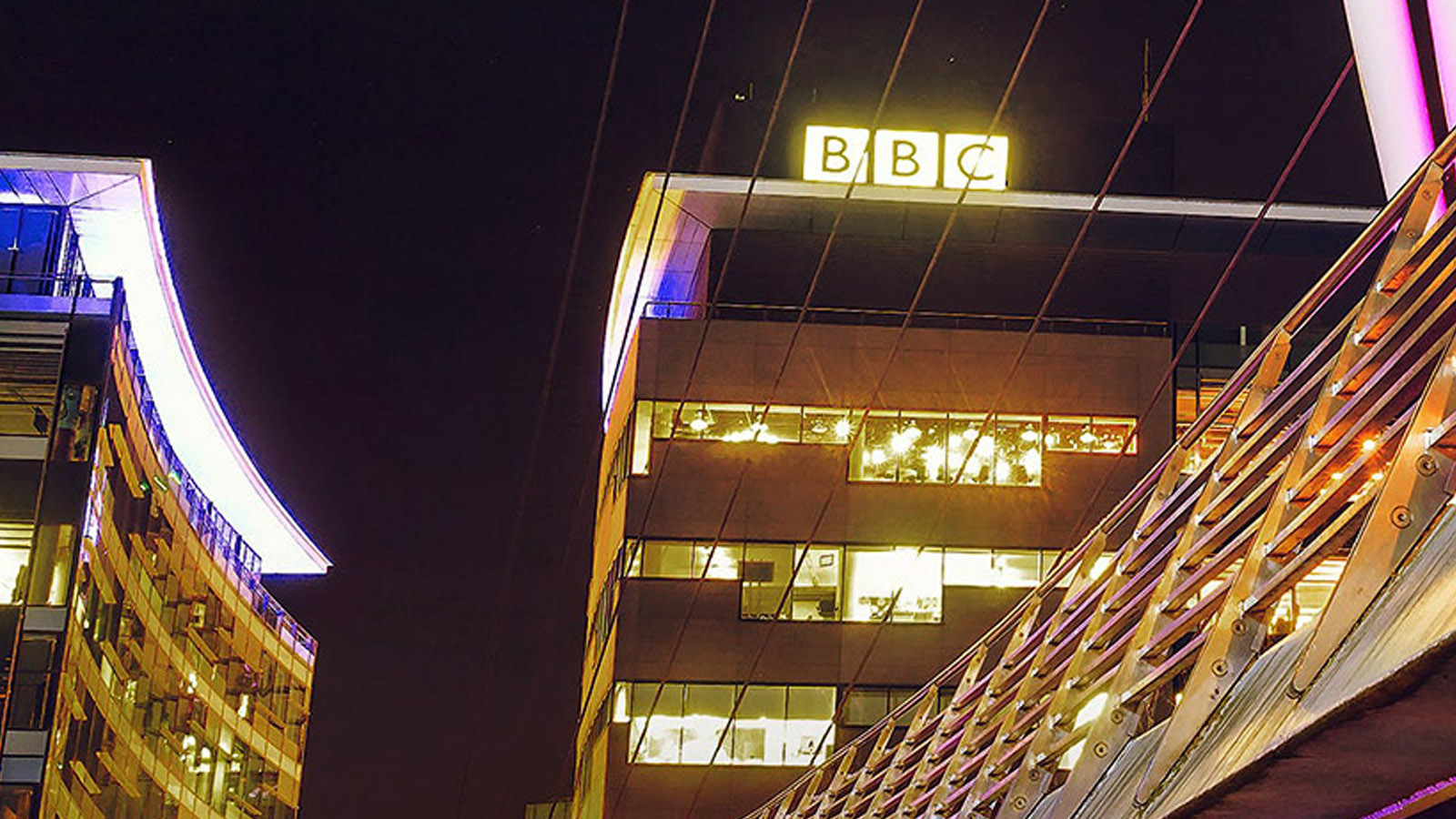The Media Reform Coalition is calling for urgent and radical reform of the BBC’s governance, to free the UK’s national broadcaster from political control and to make it democratically accountable to the British public.
As a public service broadcaster owned and funded by the public, the BBC should be answerable above all to the British public. The BBC can only be fully accountable if its operations are transparent and free from political and corporate interference that undermine its democratic obligations. However, the background to the recent resignations of the BBC’s Director-General and CEO of News show that this is not the case. Direct political interference in the BBC is alive and well.
These resignations at the very top of the BBC follow weeks of negative coverage in the right-wing press. At the heart of the story is a leaked ‘note’ highly critical of the BBC’s reporting and editorial processes, written by former independent editorial advisor Michael Prescott. Prescott is reportedly friends with BBC Board member Robbie Gibb, who is also reported to have been instrumental in Prescott’s appointment to the editorial guidelines and standards committee. A former advisor to Theresa May appointed to the BBC Board by Boris Johnson, Robbie Gibb has been criticised for interfering in BBC appointments and undermining the independence of BBC journalism. He was described by former Newsnight presenter Emily Maitlis as having operated as an ‘active Tory party agent’.
So far the coverage of this latest BBC scandal gives the impression that it is a dispute between different parts of the UK’s unaccountable media-political elite. It leaves the British public as powerless bystanders, with little space devoted to their views or proposals for change – despite the fact that they are the BBC’s most important constituents.
Professor Lee Edwards, Chair of the Media Reform Coalition, said:
“It is clear that the BBC’s governance structures need to change. The current situation leaves the corporation open to too much influence from vested interests, and dangerously undermines its public service obligations. It is time to privilege the voices of the public, not politicians, and democratise how the BBC is run.
“The Charter Review is a vital opportunity to actively consider proposals for reform that are grounded in public consultations. As the Media Reform Coalition consistently argues, the BBC, and our public service media generally, should be able to prioritise the people they serve, not the politicians trying to leverage their influence.
“Working with Common Wealth, we have already published detailed proposals for mutualising the BBC. They would ensure that when it comes to governance, the public are not powerless, and they are not bystanders. Instead, their sense of ownership in the BBC would be genuinely consequential, and their insight and ideas would help it continue to thrive. It is time they were listened to.”
Dr Tom Chivers, MRC Vice-Chair and campaign coordinator, said:
“Until the government’s undemocratic powers over the BBC are abolished, the BBC will remain exposed to political interference and pressure from powerful interests.
“Through politicised Board appointments, controlling the licence fee and rewriting the BBC’s Royal Charter, governments have continuously attacked the BBC, made a mockery of its independence and trashed the BBC’s vital role as a public service broadcaster.
“The British public are expected to fund the BBC and trust it as a public broadcaster that serves their interests, but we have never been given any say in how the BBC is run, governed or organised.
“The upcoming review of the BBC’s Royal Charter is a once-in-a-generation opportunity to give the public a direct role in deciding the future of the BBC.
“A truly democratic Charter review, free from government meddling and murky private lobbying, is the only way to begin to restore trust in the BBC, to give it genuine democratic legitimacy, and to finally put the public at the centre of deciding what kind of media we want in the UK.”
Notes
The Media Reform Coalition is the UK’s leading campaign for an independent, accountable and democratic media. mediareform.org.uk
Since 2011 the MRC has been at the forefront of the movement for media reform, producing original research and radical proposals on public service media, media ownership, the future of journalism and regulation of Big Tech. MRC figures are frequently invited to give testimony to parliamentary committees, government reviews and international conventions on the media industries.
Our flagship ‘Who Owns the UK Media?’ reports are regularly cited by politicians, academics and media organisations as the UK’s authoritative account of concentrated ownership and market shares across the UK’s media sectors. https://www.mediareform.org.uk/resources/reports
The MRC’s report ‘Our Mutual Friend: The BBC in the Digital Age’ explains how to transform the BBC into a public service mutual, a genuinely democratic institution owned and controlled by the British public. https://www.mediareform.org.uk/key-issues/bbc-mutualisation
The MRC’s current campaign calls for a democratic BBC Charter review, calling on the government to give the British public an active and direct role in deciding the BBC’s future. https://www.mediareform.org.uk/key-issues/bbc-charter-review-2027
Lee Edwards is Chair of the Media Reform Coalition since 2025, and Professor of Strategic Communications and Public Engagement at the London School of Economics and Political Science. Contact l.edwards2@lse.ac.uk
Tom Chivers is Vice-Chair and campaign coordinator of the Media Reform Coalition since 2025, and a research associate in British media policy at Goldsmiths, University of London. Contact: thomas.chivers@gold.ac.uk



